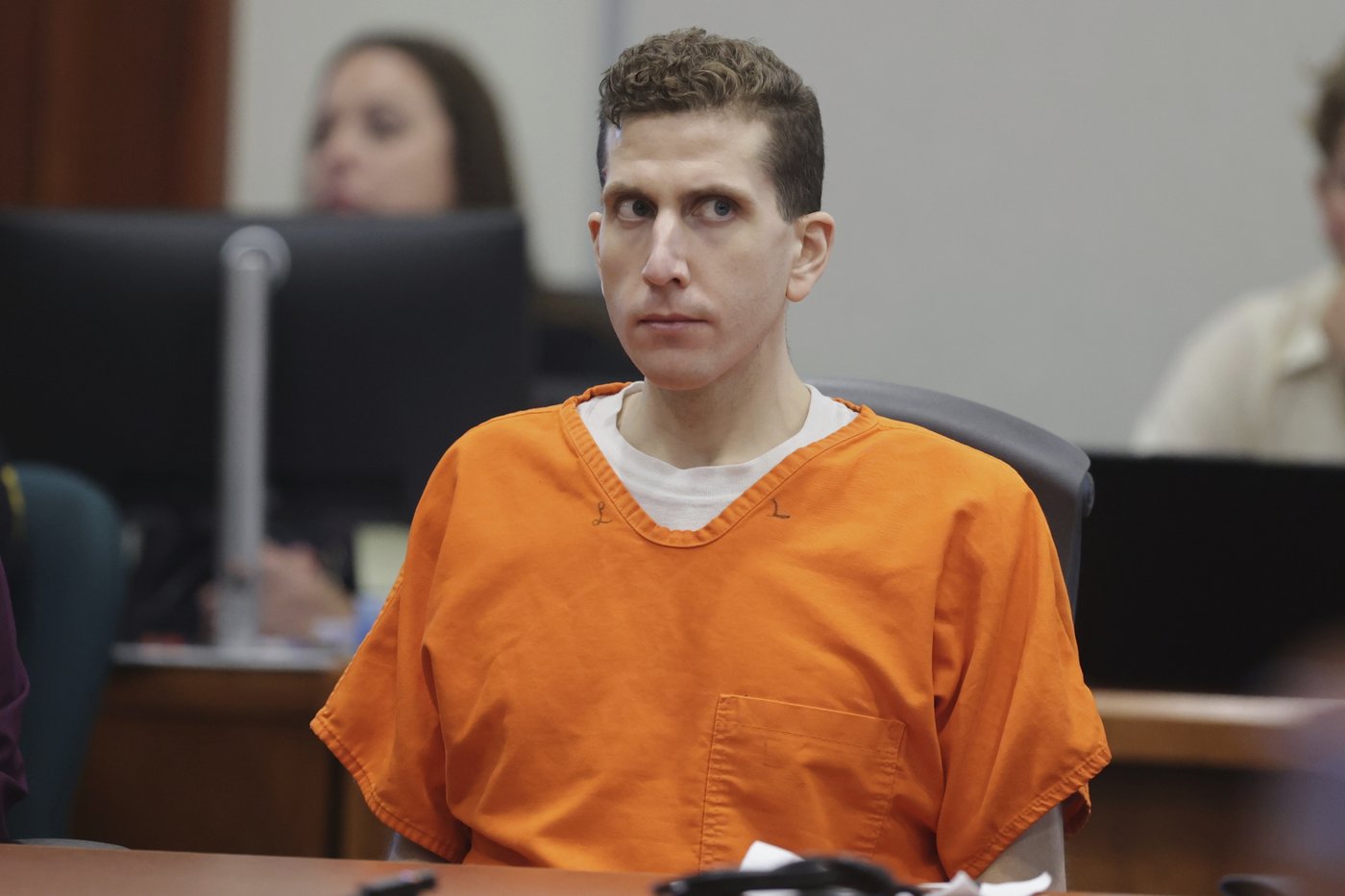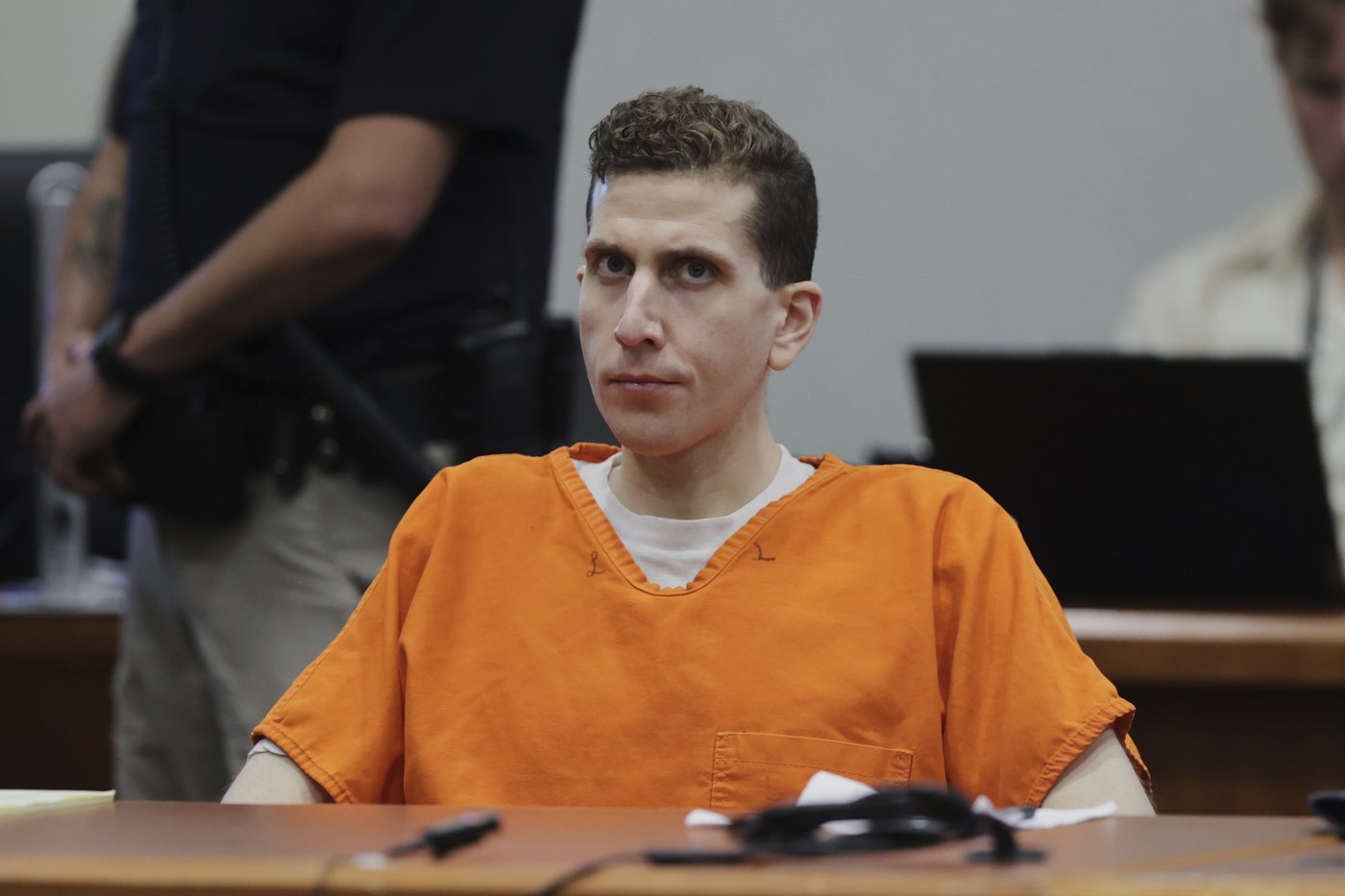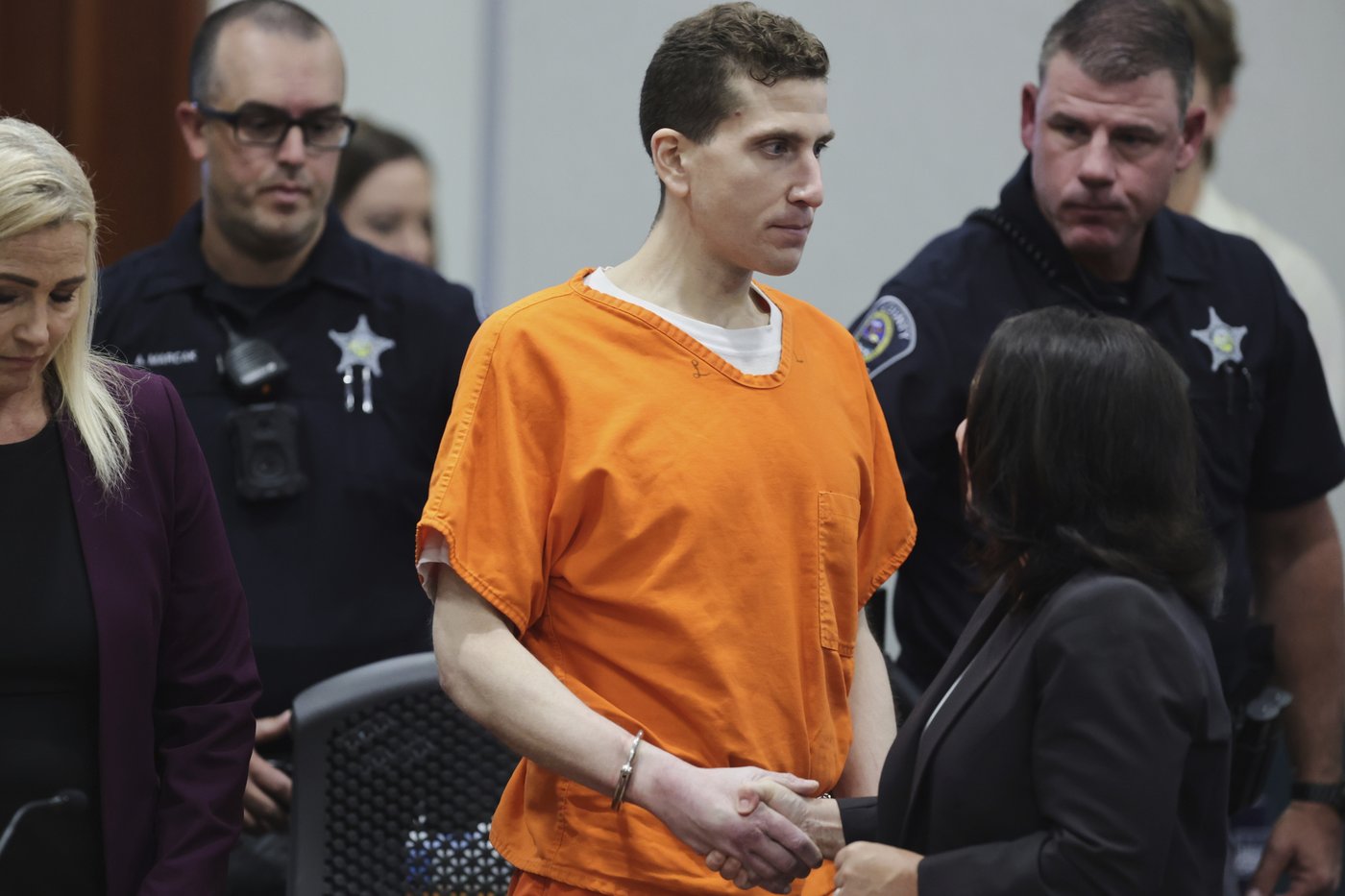
Kohberger’s sexist, creepy behavior alarmed university faculty and students before Idaho murders
BOISE, Idaho (AP) — Bryan Kohberger developed a reputation for being sexist and creepy while attending a criminal justice program in the months before he killed four University of Idaho students in 2022, fellow grad students told investigators.
His behavior was so problematic that one Washington State University faculty member told co-workers that if he ever became a professor, he would likely stalk or sexually abuse his future students, according to the documents. She urged her co-workers to cut Kohberger’s funding to remove him from the program.
“He is smart enough that in four years we will have to give him a Ph.D.,” the woman told her colleagues, according to the report from Idaho State Police Detective Ryan O’Harra. She continued, “Mark my word, I work with predators, if we give him a Ph.D., that’s the guy that in in that many years when he is a professor, we will hear is harassing, stalking, and sexually abusing … his students at wherever university.”
Summaries of the interviews with students and instructors at Washington State University were included among more than 550 pages of investigation documents released by Idaho State Police last week in response to public record requests.
Kohberger was sentenced to life in prison without parole last month for the stabbing murders of Kaylee Goncalves, Madison Mogen, Xana Kernodle and Ethan Chapin at a rental home near the Moscow, Idaho, campus early on Nov. 13, 2022.
The WSU faculty member told investigators that Kohberger would sometimes go into an office where several female grad students worked, physically blocking the door. Sometimes, she would hear one of the women say, “I really need to get out of here,” so she would intercede by going into the office to allow the student to leave.
The faculty member believed Kohberger was stalking people. She told police that someone had reportedly broken into a female graduate student’s apartment in September or October, stealing perfume and underwear.
An unnamed Ph.D. student who was in the same program as Kohberger told police that he enjoyed conflict, was disparaging toward women and that he especially liked to talk about sexual burglary — his field of study.
Some people in the department thought he was a possible future rapist and speculated that he might be an “incel,” she told the officer.
About three weeks after the murders, Kohberger told the Ph.D. student that whoever had committed the crimes “must have been pretty good,” Idaho State Police Detective Sgt. Michael Van Leuven wrote in a report. Kohberger also told the woman that the murders might have been a “one and done type thing,” Van Leuven wrote.
The woman “said she had never met anyone who acted in such a condescending manner and wondered why people in power in the department did not address his behavior,” Van Leuven wrote. “The way he spoke to females in the department was unsettling to them.”
One instructor told police that she was assigned to work with Kohberger on his doctoral program. In late August 2022, she said she began receiving complaints about him from students and staff in the criminal justice program.
The instructor told police that she spent “a lot of time” speaking about Kohberger during disciplinary meetings.
“The meetings focused around Kohberger’s interactions with fellow post-graduate students, in and out of the classroom, along with his behavior around some of the criminal justice professors,” according to an investigator’s report.
The school got nine separate complaints from faculty members, administration staffers and other students about his “rude and belittling behavior toward women,” Idaho State Police Detective Sean Prosser wrote in a report. In response, the school held a mandatory training class for all graduate students about behavior expectations.
Many of Kohberger’s fellow students and instructors at WSU did not suspect his involvement in the killings, according to the police reports. But at least one fellow student noticed his behavior changed after the murders.
The student said Kohberger frequently used his phone before the killings, but stopped bringing his cellphone to class after the murders. He also appeared more disheveled in the weeks after the killings, the student told police, and she thought it was odd that he never participated in conversations about the Moscow deaths.
She eventually called a police tip line to report that she had seen Kohberger with bloody knuckles just prior to the killings and his hand looked like he had been hitting something.
___ Associated Press reporter Corey Williams contributed from Detroit.


Join the Conversation!
Want to share your thoughts, add context, or connect with others in your community?
You must be logged in to post a comment.















